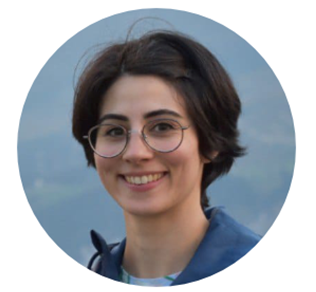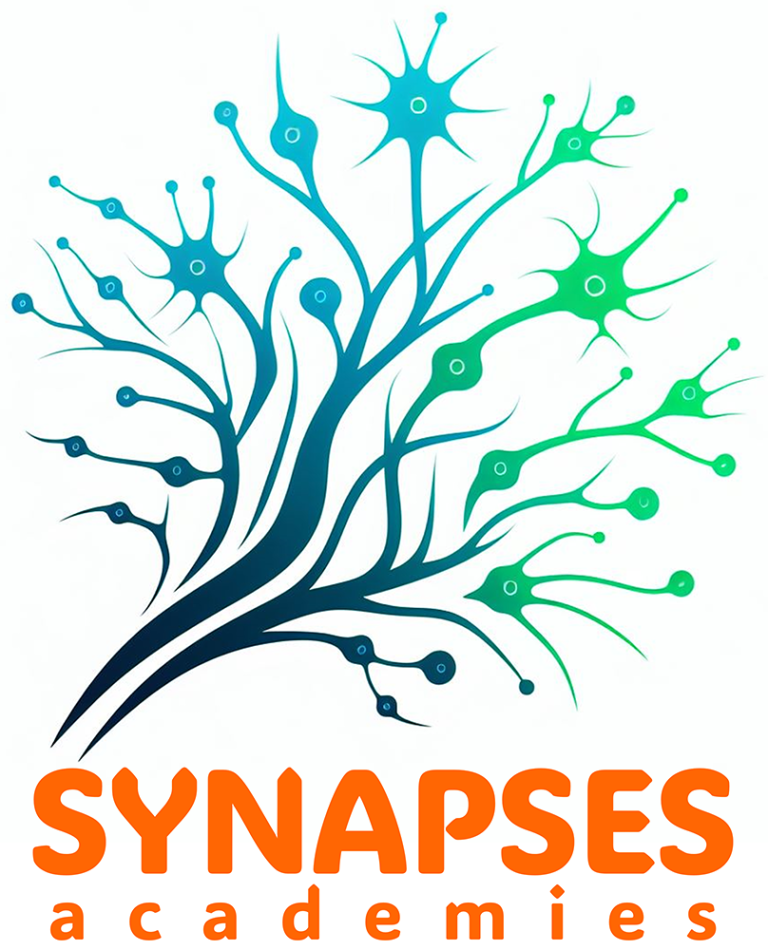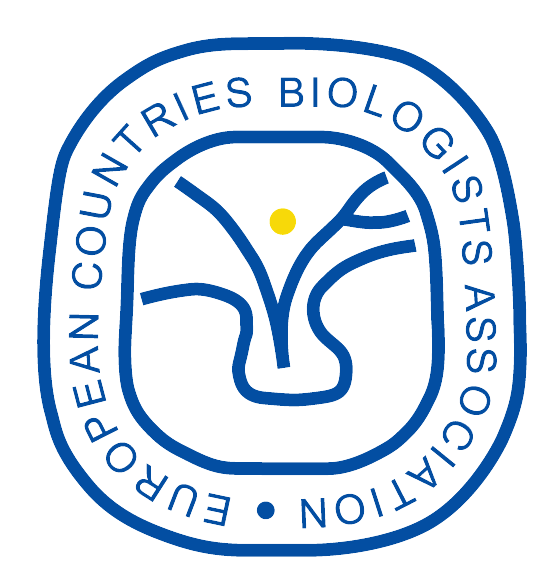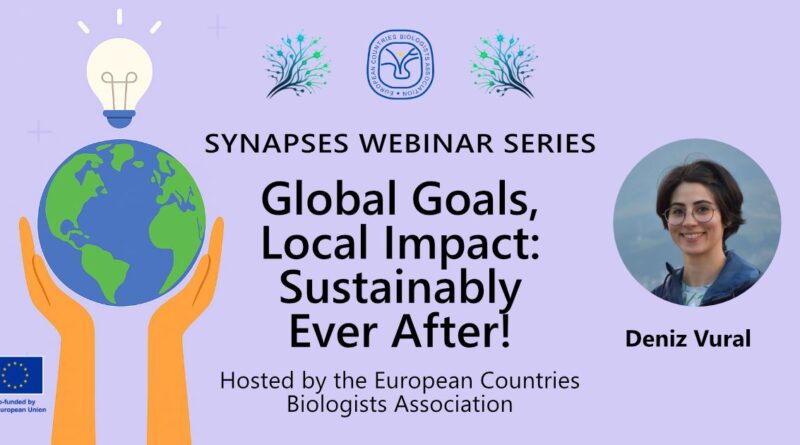Mapping the Unseen: How Bathymetry Reveals Arctic Change
Deniz Vural
We are pleased to invite you to our next free webinar in the series, Global Goals, Local Impact: Sustainably Ever After! These sessions are conducted in English and focus on solutions for a more sustainable world.
Tuesday, April 15th from 6 – 7:30 PM (CET)
During this session, we will explore pressing issues in food production. As climate change continues, we need innovative approaches to secure our global food supply. Therefore, we will highlight exciting tools and strategies that may reshape agriculture.
Speaker Spotlight: Deniz Vural
 | Deniz is a doctoral researcher at the Alfred Wegener Institute in Potsdam. Her work focuses on Arctic coastal dynamics and bathymetric mapping. She combines scientific research with public outreach to show how community-driven data collection can influence understanding of polar environments. Deniz also emphasizes how the ocean shapes these regions. She has been involved in many international science communication and capacity-building projects, making complex topics engaging and accessible. |
Why the Arctic Matters
The Arctic Ocean is changing rapidly. Much of its seafloor, however, is still unmapped. During this webinar, Deniz will share insights from bathymetric surveys around Herschel Island–Qikiqtaruk. She will reveal how mapping the seafloor increases our understanding of coastal erosion, permafrost, and marine ecosystems in the Arctic.
Furthermore, she will explain how accessible tools like low-cost sonar and GIS can connect oceanography, climate change, and Indigenous knowledge. By seeing the hidden topography below the surface, we can better understand the Arctic’s past, present, and future.
Classroom Connections
Teachers will learn how to bring real-world science into the classroom. You will see practical examples of mapping, environmental science, and Arctic research. This webinar offers ideas for weaving Indigenous perspectives into lessons that spark curiosity and critical thinking about climate-related issues.
 |  |
The ECBA is a consortium member in the SYNAPSES Erasmus+ School Heads and Teacher Academy promoting Sustainability Citizenship in schools.
Sustainability Citizenship skills and competencies include the ability to recognize the environmental, social and economic dimensions of climate change, the ability to connect local actions and initiatives to global processes, and the capacity to move from analysis to systematic action on climate change and sustainability issues.
The SYNAPSES Academy has the ambition to design and establish strong professional learning ecosystems around school communities. Through blended formal and informal learning opportunities we will support the development of whole and open-school approaches that offers pathways to transformative learning experiences for Sustainability Citizenship. As a Teacher Academy, SYNAPSES is funded by the Erasmus+ programme to create European partnerships and promote cooperation between teacher education institutions and training providers.
If you are interested in the SYNAPSES Erasmus+ School Heads and Teacher Academy, you can sign-up for the SYNAPSES Newsletter here.
 | Funding Statement Funded by the European Union (Contract Number: 101102346). The views expressed are those of the consortium alone and do not necessarily reflect those of the European Union or the European Education and Culture Executive Agency (EACEA). Neither the EU nor EACEA can be held responsible. |

